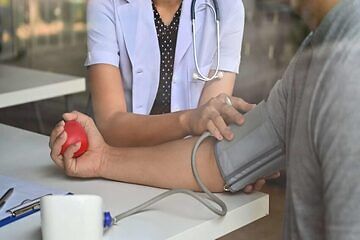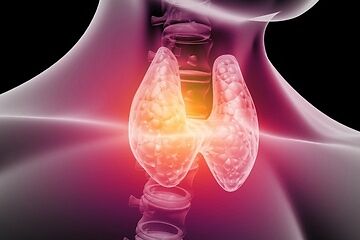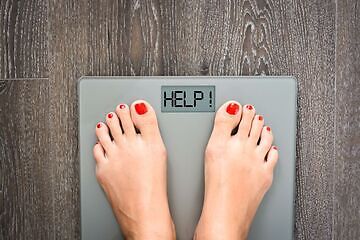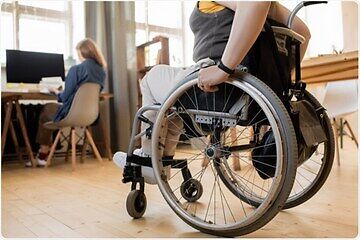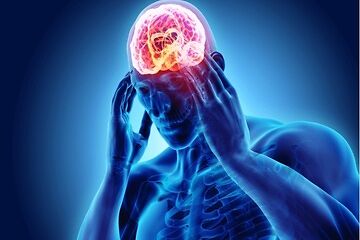What is HTN?

High blood pressure (hypertension) is a common condition in which the long-term force of the blood against your artery walls is high enough that it may eventually cause health problems, such as heart disease.
Blood pressure is determined both by the amount of blood your heart pumps and the amount of resistance to blood flow in your arteries. The more blood your heart pumps and the narrower your arteries, the higher your blood pressure. A blood pressure reading is given in millimeters of mercury (mm Hg).
What are the signs and symptoms of Hypertension?
Most people with high blood pressure have no signs or symptoms, even if blood pressure readings reach dangerously high levels.
However, the possible signs that may help you out are:
- Headaches
- Shortness of breath
- Nosebleeds
Immediately contact your doctor if you notice any such signs.
What are the causes of Hypertension?
1.Primary (essential) hypertension For most adults, there's no identifiable cause of high blood pressure. This type of high blood pressure, called primary (essential) hypertension, tends to develop gradually over many years.
2.Secondary hypertension Some people have high blood pressure caused by an underlying condition. This type of high blood pressure, called secondary hypertension, tends to appear suddenly and cause higher blood pressure than does primary hypertension. Various conditions and medications can lead to secondary hypertension, including:Obstructive sleep apnea,Kidney disease,Adrenal gland tumors,Thyroid problems.
Certain chronic conditions also may increase your risk of high blood pressure, including kidney disease, diabetes and sleep apnea.
Diagnosis of Hypertension
To diagnose gastritis, your doctor will review your personal and family medical history, perform a thorough physical evaluation.
Some tests that are normally done are as:
- Ambulatory monitoring. This 24-hour blood pressure monitoring test is used to confirm if you have high blood pressure. The device used for this test measures your blood pressure at regular intervals over a 24-hour period and provides a more accurate picture of blood pressure changes over an average day and night. However, these devices aren't available in all medical centers, and they may not be reimbursed.
- Lab tests. Your doctor may recommend a urine test (urinalysis) and blood tests, including a cholesterol test.
- Electrocardiogram (ECG or EKG). This quick and painless test measures your heart's electrical activity.
What are the complications of Hypertension?
A few of the comorbidities you may face with HTN are:
- Left untreated, HTN may lead to Heart attack,Aneurysm,Heart failure .Tell your doctor if your signs and symptoms aren't improving despite treatment for HTN.
Prevention of HTN
Preventing and treating illnesses that can become the risk factor for Hypertension is the best way to curb out it's complications. Make sure to change a few of your lifestyle habits and do regular physical exercise (not intense one). Talk to your doctor and take the help of a dietician who can suggest a decent diet to avert Hypertension. A diet is a healthy component of Hypertension treatment in Ayurveda!

